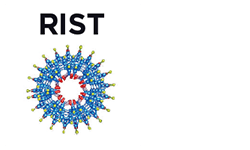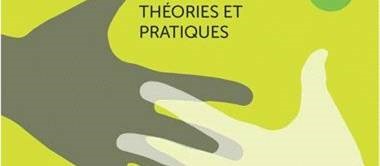2 x 2 days
Trainers :
Stéphanie Courant
Stephanie conducts her business in the field of coaching and training. .Certified Process-Com, she specialized in interpersonal relations and team management. She delivers training around communication, motivation and management in English and French. She coaches managers taking a new position, facing some relational difficulty, crisis or transitioning.
Objectives :
- To strengthenth paticipant’s ability to manage by influence taking into account the context of research and the personality of the players.
- Develop a collaborative management style to build a long term relationship.
- Know how to coordinate a team developing cohesion (solidarity), consistency (objective focus) and coordination
Agenda :
Managing through a true and adapted communication
- The reasons for the low efficiency of “classic” management of research teams and the importance of favoring management by influence
- Take into account the complexity of a research team (presence in the team of collaborators from other institutions, different research projects …)
- Analyze the levers of his power to positively influence researchers and external stakeholders.
- The advantage of the offensive strategy of adjustments: consequences of the contemporary thinking, lack of certainty, achievement orientation, etc..
- Communicate an information to favor trust and being understood
- Focus on questioning (concrete, rhetoric, analytical), and active listening tostimulate reflection and positive suggestions Coping with his/her emotions and de-dramatize the present.
- Self – diagnosis of his/her animation style: strengths – areas for progressDeveloping an « associative » style
- Understanding the basis of human motivation
- Identifying the level of dependency of the associate and helping him/her to develop his/her autonomy
- Adapting influence strategies in the light of the context and the personality of the researcher
- Assessing objectively the researcher’s work: expertise dimension and relational dimension
- Developing the researcher’s motivation by a genuine and concrete evaluation of his/her achievements (both technical and behavioral)
- Helping the researcher challenge himself/herself positively.
- Reframe positively in nonhierarchical context.
- Transmittinga difficult messageFederate a research team
- Improving the functioning of a research team based its development stages (construction, exploration, exploitation, re-mobilization)
- Conducting laboratory meetings
- Deciding as a team, help the group to make decisions.
- The concrete call for action
- Managing delicate situations (difficult individuals, difficult group)
Educational Methodology:
A mix of inputs and scenarios based on real cases brought by participants. Workouts. Professional intervention. The facilitator will also offer generic cases: tell a researcher he has to give up a research project he launched himself, announce to a researcher he has to change the object of his research, change the members of his team, etc
Location : Paris
Registration fee : 2400 euros (Taxes not included)
For informations and registration, please contact us : ken.slock@rist-groupe.fr








